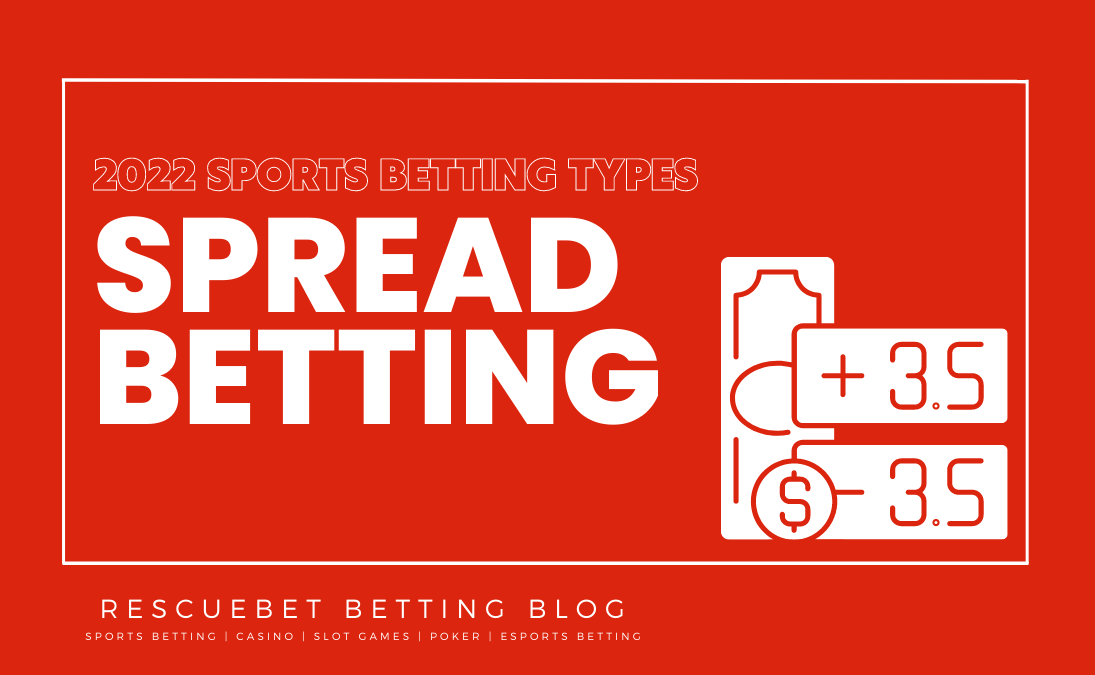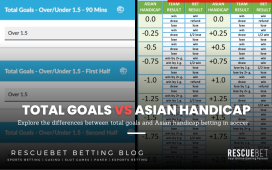Spread betting has multiple meanings depending on the context it’s used. In the financial sense, spread betting makes a wager on a stock or asset price to make speculation gains. The investor or trader doesn’t own the underlying asset and is a risky derivative strategy. However, in the wagering sense, spread betting is making a wager on the accurate outcome of the game or a particular betting market such as goals scored, conceded, corners, bookings, red cards, etc. Spread betting allows punters to make wagers in more exciting betting markets versus making wagers on only the outcome of an event (a win, draw, or loss). Thus, punters are lured with the opportunity of winning big. However, spread betting is very risky, and even some professional bettors tend to stay away from spread betting.
Features Of Spread Betting
Some of the features of spread betting include the importance of volatility, the points spread, the difference between whole numbers and decimals, and buying and selling spreads.
Importance Of Volatility In Spread Betting
Volatility is significant to understand the historical movement of lines based on the betting market and odds on offer. A general rule is that if an asset is volatile, it has a higher probability of generating higher profits or higher losses. Thus, a punter can win or lose a spread bet with a higher margin of losses or gains the more a betting line moves.
Point Spread
If a popular or strong team is playing a weak or unpopular squad, most of the bets made will be on the stronger or favorite team. Bookmakers use a point spread to attract punters to particular betting markets and evening out the bets made for and against them. Depending on the game’s outcome or the way the game progresses, bookmakers constantly shift and change odds to attract more bets to one side.
Whole Numbers And Decimals
The point spread for a game is in whole numbers or decimals. With real numbers, punters have a probability of three outcomes, and with decimals, punters have a likelihood of only two outcomes. As a result, sportsbooks generally lose in drawing bets and making refunds to punters through transaction costs, overheads, etc.
Buying And Selling Spreads
Punters can make wagers on the spread by either buying (going long) or selling (going short) on the space offered by the bookie. Buying and selling a distance works similarly to buying and selling derivatives. If the direction of change is correct, the punter wins a profit. If the direction predicted is more, the punter stands to win a higher yield. The opposite is also true. If the punter loses, their losses can be magnified by the degree of the result compared to the spread.
Pro Tip: Spread betting is tough to win, giving punters on average a 20% chance of winning and an 80% chance of losing based on a study done by Cass Business School. The select few that make profits on spread betting make immense profits for the risks involved.
Spread Betting Markets
Spread bets are made on the number of cards, corners, goals, leagues, and different sports types. Some examples of spread betting markets include:
- Cards – spread bets are made on the number of yellow or red cards issued in a game or over/under a specific number. Some teams tend to rack up more cards in games while others don’t. For example, a game between two teams with disciplinary issues could result in a high number of cards.
- Corners – corners are generally a popular bet, and some teams tend to win more corners than others. However, corners can be harder to predict compared to goals or league spread betting.
- Goals – goals are the most popular spread betting market, and most punters new to spread betting play on goal spreads. Punters can make wagers on the difference in margin of goals in a match, the time that players will score a goal, goals by the half, or player to achieve.
- Leagues – spread bets are made on the total points accumulated at the end of the season for popular leagues such as La Liga, the FA Cup, the English Premier League, etc.
























